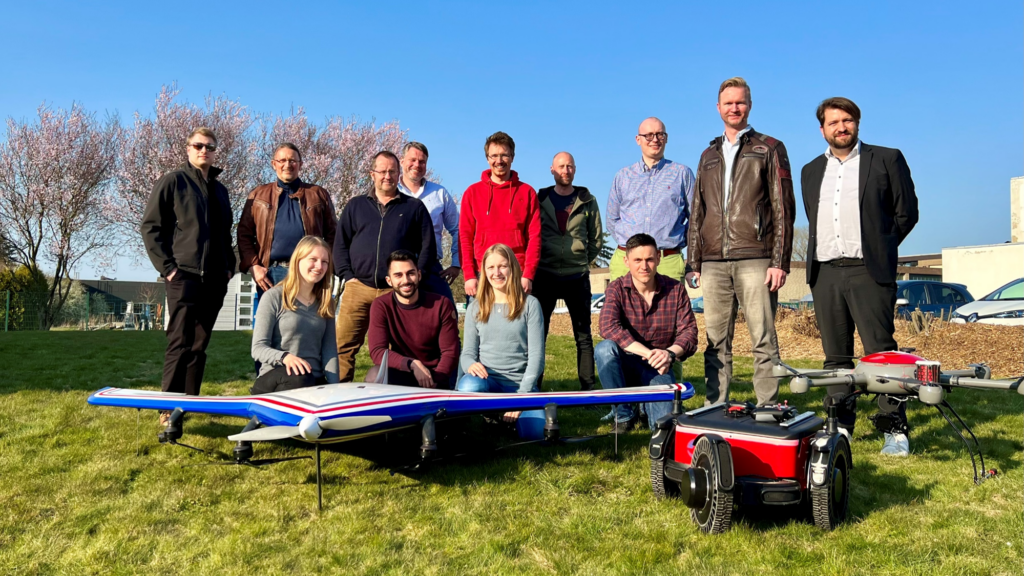Legally compliant IT concepts and solutions for networks of autonomous land, water and air vehicles

The RIVA project aims to enable vehicle networks of different modalities (land, water, air) to autonomously fulfill missions in real time. For this purpose, the environmental and boundary conditions are to be determined by the network and an environment model is to be generated. With the generated knowledge of the different capabilities of the individual vehicles, mission fulfillment will be planned and executed, with changing boundary or environmental conditions or capabilities of the federation participants directly affecting the tasks of the individual vehicles. Mission fulfillment is first simulated and then exemplified in practice.
At the same time, the relevant legal framework for the various systems will be researched. Starting from an inventory of existing regulations, the law will be systematically developed towards an approach integrating the different modalities.
In the Chair of Control Engineering, the focus is on the one hand on the investigation of runtime-variable controller structures for intelligent (partially) autonomous air, land and water vehicles in a network. Among other things, it will be investigated under which circumstances a centralized and under which circumstances a decentralized approach is appropriate, and whether a runtime-variable structure is possible. On the other hand, the path planning and prioritization of mission tasks for real-time coordination of the vehicle network is to be investigated as a function of dynamic boundary conditions. For the planning and prioritization different optimization criteria are to be examined and compared. The aim is to determine which criteria are suitable for which application scenarios.
RIVA is funded by the Center for Digitization and Technology Research of the German Armed Forces (DTEC.Bw). It started at Nov. 1, 2020 and will end at Dec. 31, 2024, with three different professorships in three different faculties at HSU working on the RIVA project as well as two industrial partners providing the required hardware and simulation environment. The project is managed by the Chair of Automation Technology. If you would like to be part of this exciting development process or learn more about this project, feel free to contact Anne Schweim or Marie Schweim
Partners
- Professorship of Automation Technology with Marvin Zager, Christoph Sieber und Miguel Vieira da Silva
- Professorship of Public Law, in particular public commercial and environment lawt with Christian Worpenberg
Funded by

Letzte Änderung: 24. March 2023
